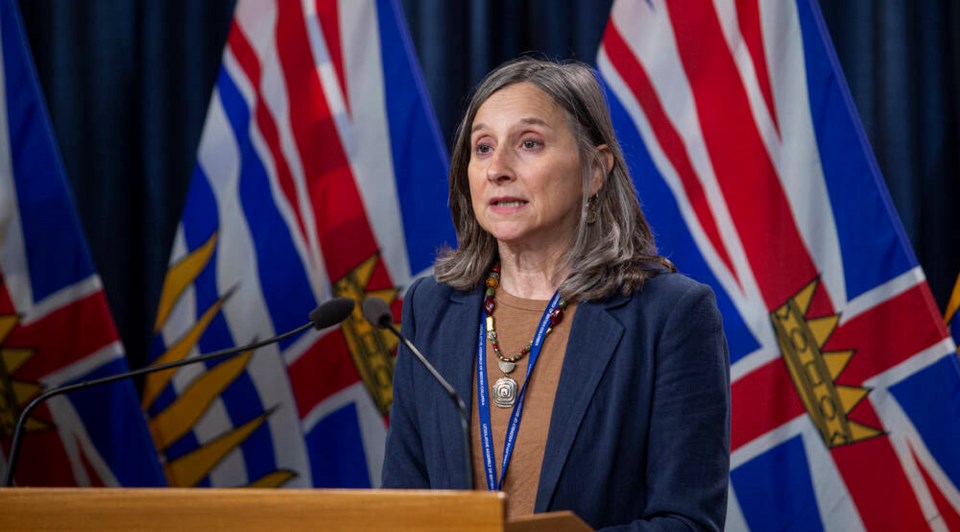Four more lives were tragically lost in Burnaby to illicit drugs in July.
The latest B.C. Coroners Service report shows the city's total has risen to 38 to date in 2022.
In all of 2021, a record 77 deaths were tallied in Burnaby.
Provincially, toxic illicit drugs claimed 192 lives in May, which represents a 31 per cent increase in deaths compared to June of this year (147). Nearly 1,300 people have died in 2022, which is a record for the first seven months of a calendar year.
The number of illicit drug toxicity deaths in July equates to roughly 6.2 deaths per day.
"As they have for the past seven years, these numbers reflect the ever-present threat that illicit drugs pose to substance users across B.C.," B.C. chief coroner Lisa Lapointe said in a news release.
"The unregulated drug market continues to be volatile and toxic, and anyone using drugs purchased from illicit suppliers is at high risk for serious harm or death. We continue to urge those using illicit drugs to access drug-checking services, where available, or visit overdose-prevention sites, where available."
By local health area, Lillooet, Mission, Terrace, Cariboo/Chilcotin and Powell River have the highest reported rates of death.
The BC Coroners Service says drug toxicity is the leading cause of unnatural death in the province.
"In July of this year, we lost 192 lives to the poisoned-drug supply. These were our neighbours, friends, family and members of our community. These are terrible losses," Minister of Mental Health and Addictions Sheila Malcolmson said in a statement.
"This week, as I meet municipal leaders from throughout the province, I am grateful for those who have used the tools local governments have to help end the poisoned-drug crisis and prevent loss of life. This crisis has hit all communities in our province. Everyone has been affected.
"Since 2017, we've been working urgently to build a system of mental-health and substance-use care that works for everyone. In the past five years, we've opened more than 300 new adult and youth treatment and recovery beds. More than 3,200 treatment beds are available in British Columbia.
"The street drug supply continues to be terribly, increasingly toxic. In the first months of 2020, the concentration of fentanyl detected in illicit drug deaths was between 4% and 8%. In July 2022, it increased to 23%. That is why we continue to expand much-needed harm-reduction services, particularly safe supply and inhalation overdose prevention sites, and we are leading the country on decriminalization of people who use drugs.
"There is more to do. I am committed to continuing to expand and evolve our government's response to this public-health emergency to turn the tide and save lives."
The townships experiencing the highest number of illicit drug toxicity deaths this year are Vancouver, Surrey and Greater Victoria.



